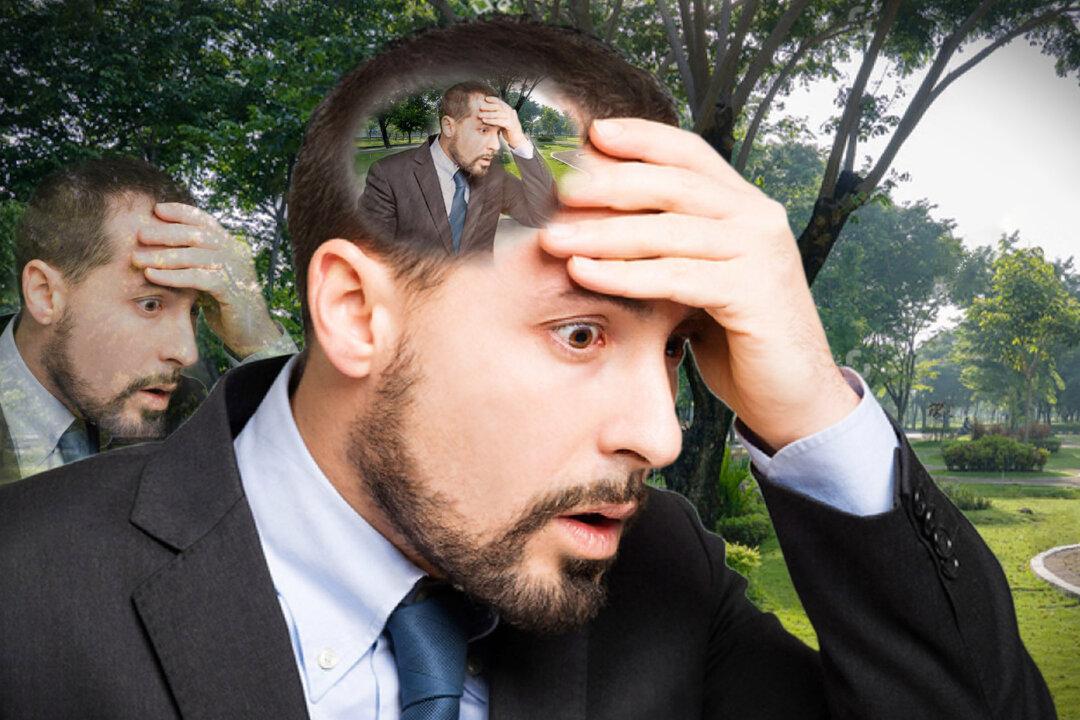Winter is upon us. And with it comes the annual worsening of depressive symptoms. Sadly, in the United States, suicide continues to claim more lives than firearms, and suicide rates are increasing in nearly all states. The U.S. Centers for Disease Control and Prevention reports that death by suicide has increased by 30 percent since 1999 and a similar trend is observed in Canada.
I was distressed but not surprised to learn that these increases occurred over a period of time in which use of antidepressants skyrocketed by 65 percent. By 2014, around one in eight Americans over the age of 12 reported recent antidepressant use.






